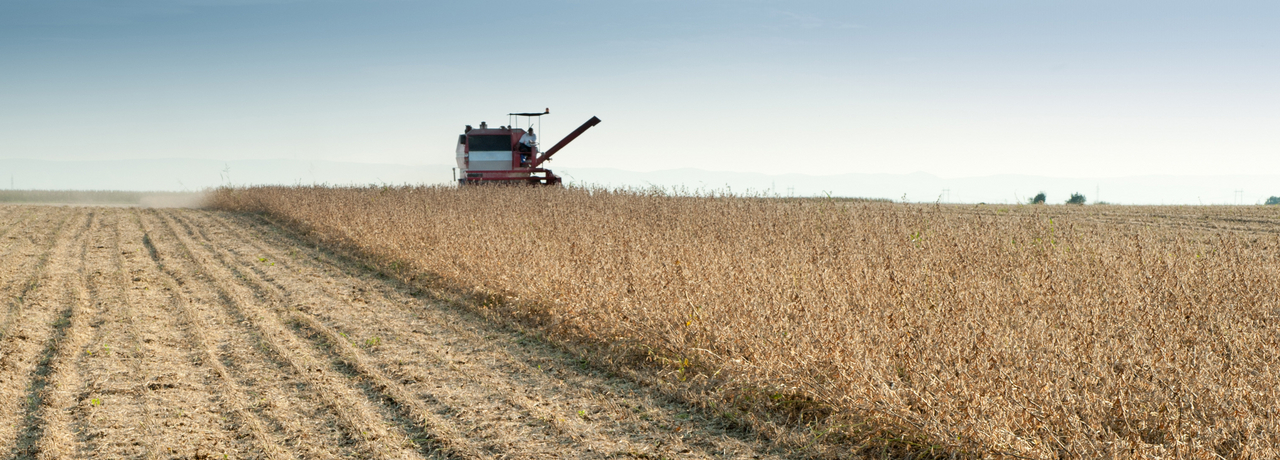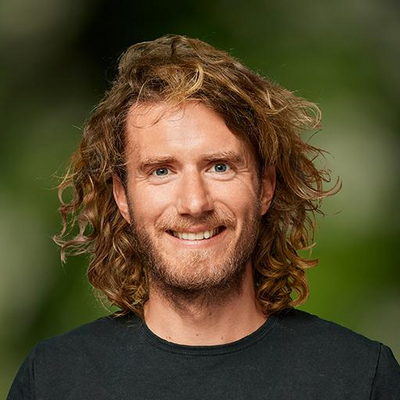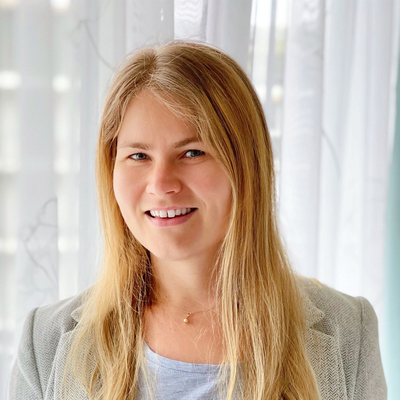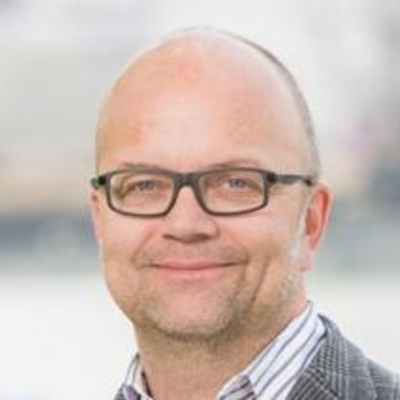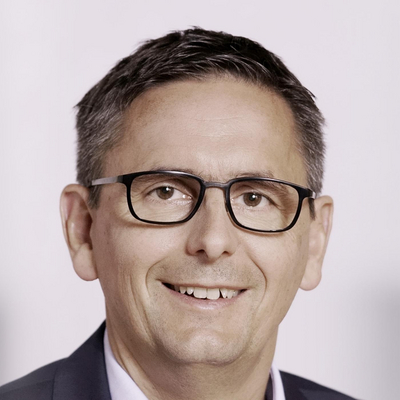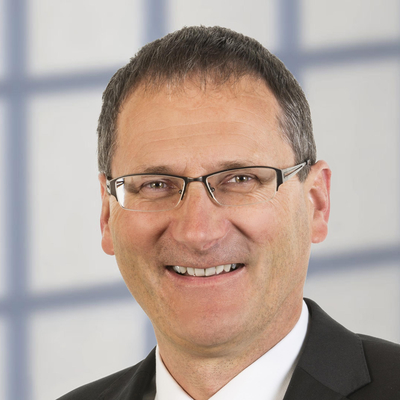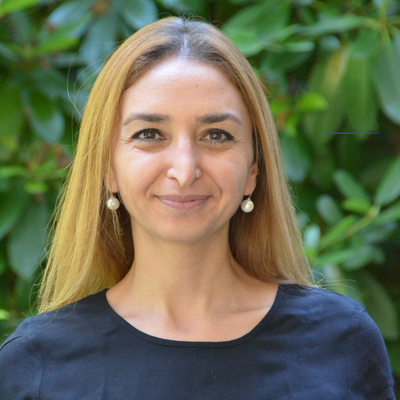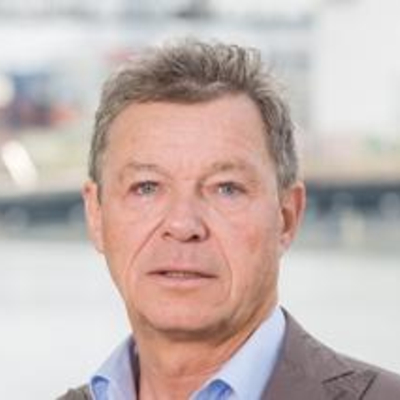Goals and Achievements
The Swiss Soya Network addresses the major levers: protein supply and procurement in the animal feed sector and thus the urgency of procuring animal feed abroad in a sustainable, deforestation-free and climate-friendly manner. The aim of the network is to achieve at least 90 per cent market coverage with responsibly produced soya and other animal feed for Switzerland.
Worldwide, the proportion of responsibly produced soya is only around 4 per cent. Only in Europe is there demand for sustainable feed soya. Switzerland is called upon to maintain the high level of quality and contribute to the further development of international standards. In addition to soya, other feedstuffs (broken rice, grain, maize gluten, dextrose) are also continuously procured sustainably.
Switzerland imported 220,000 tonnes of feed soya in 2023. Soya imports are now certified by sustainability standards, are GMO-free and deforestation-free and over 95% of them come from Europe. As a result, CO2 emissions have been reduced by 85% compared to 2010. When the Russian supplier was delisted in response to the war in Ukraine, the Soya Network reacted quickly and took responsibility.
Additional Feedstuffs
A total of over 50 feed components are imported into Switzerland. The most important components are, in order of quantitative importance, soya, wheat, hay, lucerne, fodder beet and maize. In addition to feed soya, the Soya Network sets requirements for sustainable procurement for wheat, barley, oats, broken rice, maize gluten and dextrose.
From the 2021 harvest, importers will only procure feed grain that has been produced without synthetic ripening acceleration. From 2022, only broken rice with a sustainability certificate will be used as livestock feed and from 2025, maize gluten and from 2027 dextrose will also come 100% from certified cultivation. You can find out more about additional animal feed in our fact sheet and in the current annual report.
Our criteria
In a global context, Switzerland is an insignificant soya producer and consumer. Nevertheless, Switzerland is considered a pioneer for more sustainable soya production. Swiss players such as Coop and WWF were the first to recognise the problems of the global soy boom and took action. Together, they launched the so-called 'Basel Criteria' for sustainable soya cultivation in 2004.
In the core values, the Swiss Soya Network sets out its requirements for the cultivation and procurement of responsible feed soya.
Soya certified in accordance with Bio Suisse guidelines, Pro Terra Standard, RTRS Non GM Standard, CSA-GTP, Donau Soja Standard, Europa Soja Standard, ISCC PLUS Non-GMO and CSQA DTP 112 is currently decisive for the achievement of the network's objectives. These are currently the leading standards of the soya network. Through the controls, the standards ensure compliance with the law. What these standards have in common is that they guarantee the most environmentally and socially responsible soya production possible.
Soya procurers, traders and feed manufacturers who offer responsible soya in accordance with the guiding standards are awarded network status. The network status is awarded as part of the soya network's control concept (in German).
Association
The Soy Network Switzerland is the competence centre and exchange platform for the Swiss agriculture and food industry for all questions and concerns relating to soya and other feedstuffs for animal feed purposes. The organisation is committed to the cultivation, procurement, marketing and use of responsibly produced animal feed.
The Soy Network Switzerland is organised as an association and network. It is implementation-orientated and works directly with the companies involved in the market. It sees itself as a link and mediator between agriculture, suppliers, standard organisations, authorities and science.
Statutes of the Swiss Soy Network Association (in German)
Board: Fortunat Schmid (Fenaco, President), Andrin Dietziker (Coop), Michel Darbellay (SBV), Thomas Kopp (VSGF), Christian Oesch (VSF), Andrea Rota (Migros),
Members and statements
Since 2011, the Soy Network Switzerland has worked towards buying soy from environmentally and socially responsible production and jointly communicating its added value. This alliance of soy buyers, producer associations, label and environmental organizations, manufacturers and retailers has the following members:
Aachtal Futter AG, Agrokommerz AG, Agrokorn AG, ALDI SUISSE AG, Bell Schweiz AG, Bio Suisse, Branchenorganisation Milch, Cerador AG, Coop Genossenschaft, Denner AG, Egli Mühlen AG, Emmi Gruppe, Ernst Sutter AG, fenaco Genossenschaft, GalloSuisse, Granovit AG, Heinz & Co. AG, IP-SUISSE, Kunz Kunath AG, Lidl Schweiz, Meliofeed AG, Migros-Genossenschafts-Bund, Nungesser AG, Schweizer Bauerverband (SBV), Schweizer Milchproduzenten (SMP), Suisseporcs, Transgourmet Schweiz AG, UFA AG, Verband des Schweizerischen Getreide- und Futtermittelhandels (VSGF), Vereinigung Schweizerischer Futtermittelfabrikanten (VSF), Volg Konsumwaren AG, Weber&Hermann AG, WWF Schweiz.
Become a member
The Soy Network Switzerland is an association of motivated organizations and welcomes all organizations that would like to promote responsible soy production. All the members of the Network are committed to actively helping reach its objectives. We will gladly send our terms and conditions to any organizations interested in joining. Please contact us.


